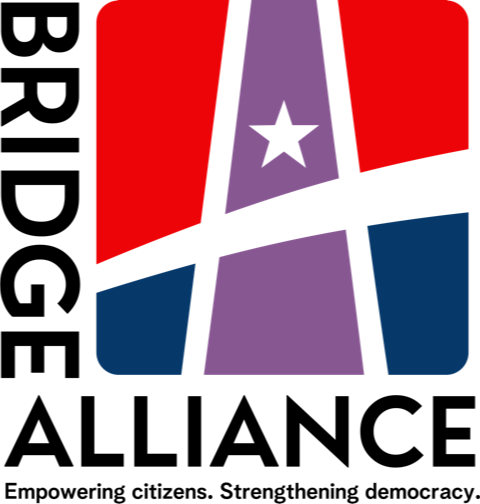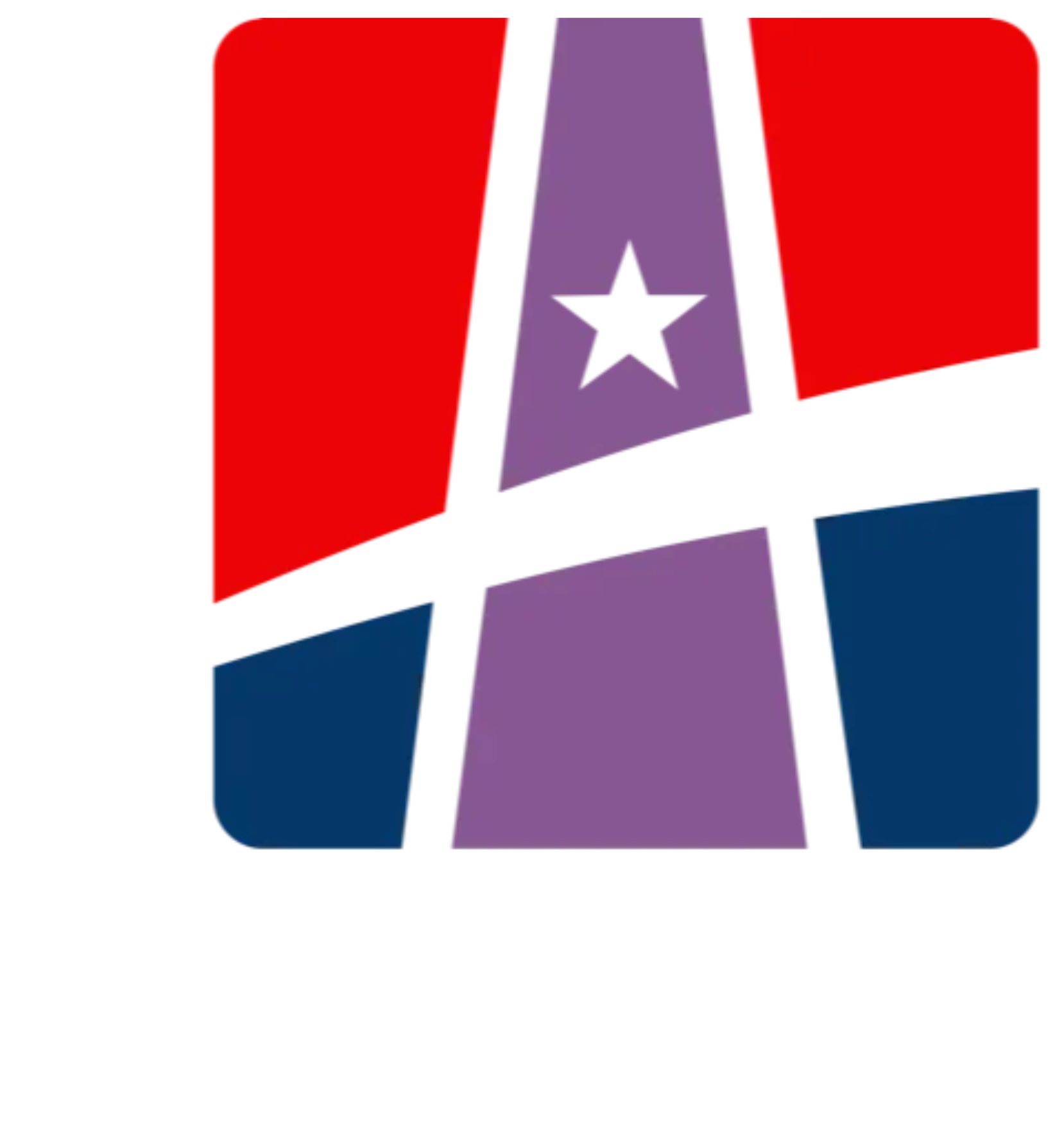Sign up to be the first to receive email updates on News Ambassadors!
What might it sound like if a reporter in rural Missouri partnered with a reporter in New York City to together explore contentious issues and uplift common ground?
News Ambassadors links student reporters with counterparts in politically or demographically dissimilar areas to collaborate on stories exploring solutions to contentious issues. As divisive partisanship continues to threaten democracy, this collaborative project will help young reporters better understand the perspectives of people outside the bubbles where they live, and help American communities that hold different political views better understand each other. For our expanded 2023-2024 pilot, News Ambassadors is collaborating with journalism schools and public radio stations across the country to help fill gaps in local news coverage. Students will receive specialized training, mentorship and editing as part of their journalism classes to support them reporting stories informed by these new tools. The strongest stories will air together in both locations.
How it works: Our project trains and supports student reporters in two journalistic frameworks that ensure the resulting radio stories are meaningful, relevant, and practical for local communities:
Solutions Journalism: a journalistic practice that focuses on a response to a wide-facing social problem, how it works, evidence and limitations of the response’s effectiveness, and insights for other communities.
Complicating the Narratives (CTN): a methodology that uses lessons from conflict mediation to design strategies for journalists to improve their coverage of contentious issues across divides.
As students are guided through [learn these] reporting techniques in their spring semester, they are paired with counterparts in a dissimilar location to report stories on responses to wide-facing local problems, under the supervision of professors and with guidance from our editors. Each team reports separately – covering a specific community, preferably one where they have already built connections and trust – but reporters share progress and feedback with counterparts at their paired school throughout the process. Station editors and professors give feedback as the primary editors prior to finalizing. They also work together to select the strongest final pieces, which will air back-to-back in both locations, so listening audiences in two dissimilar communities have a chance to hear both reports.
We’re also training radio stations in the techniques above, plus one more:
Community-Responsive Reporting: a journalistic practice that involves gathering story ideas and input from community members themselves. In fall 2023, with training from Trusting News and Hearken, News Ambassadors partner radio stations held engagement efforts in under-engaged and under-reported rural and urban communities within their coverage area. They worked with local partners to gather feedback on what issues and problems people want covered, informing both News Ambassadors reporting and station coverage more broadly.
Why should classrooms and station newsrooms collaborate?
While newsrooms are facing staff and time shortages, classrooms have resources – including time - to experiment with new and innovative journalistic approaches in a more flexible environment with room for trial and error. Under the guidance of a supportive professor/mentor, aspiring student reporters can gain valuable reporting experience while they help under-staffed and under-resourced newsrooms fill in gaps in their coverage – all without the pressure of needing to fill a daily news hole.
Shia Levitt leads the program for the Bridge Alliance Education Fund. Levitt is a longtime public radio journalist who has reported for NPR, Marketplace, and other outlets and has taught radio with KALW’s Audio Academy, WNYC’s Radio Rookies, UNICEF, and at the college level.
Project History and Partners:
Our 2023-2024 partners and collaborators Trusting News and Solutions Journalism Network provided guidance on the revised model for the expanded pilot. Prior to joining the Bridge Alliance Education Fund, an early version of News Ambassadors was incubated and a smaller inaugural pilot was launched as part of InterAct’s Digital Citizen Project, which has been connecting Americans to their leaders, each other, and the world since 1998. InterAct's connections in the civic participatory media and cross-partisan dialogue world helped shape the project design. Fall 2022 InterAct pilot partners were the University of Missouri School of Journalism in Columbia, MO; and the Audio Department at Columbia University’s Graduate School of Journalism in New York, NY. Our first News Ambassadors stories, reported prior to our solutions journalism and Complicating the Narratives focus, resulted in this KBIA segment on the struggles for affordable housing in both rural Moberly, Missouri, and urban Brooklyn, New York. In 2021, News Ambassadors created a series of short audio pieces with student reporters in five states, exploring the regional differences on issues surrounding the COVID-19 virus in the US.
News Ambassadors follows the same journalism ethics and integrity policy and editorial independence policy as the Society for Professional Journalists.
Thank you to the following supporters for ongoing or past advising, shared resources and/or trainings that have enhanced the project and it’s development :

News Ambassadors would also like to thank the following sponsors and donors who have each contributed more than $5,000 in one year:
Bernard and Audre Rapoport Foundation
Bridge Alliance Education Fund
Listening Post Collective
Scripps Howard Fund
Thanks to the following partners who have supported the project by sharing data, tools or resources, or generously offered discounts/ perks to our student reporters :



